
People often ignore odd smells in their homes more than they should. A scent lingers near the basement stairs or in a corner of the kitchen, but nobody connects it to anything serious until days later. Some smells mean trouble, though. Real trouble. The kind that costs money to fix or creates unsafe conditions. What starts as mildly unpleasant can signal something breaking down in the walls or under the floors.
Rotten Eggs in the Kitchen

That sulfur smell isn’t from last night’s dinner. When a house smells like rotten eggs, it usually means natural gas is leaking somewhere. Gas companies add that distinctive odor on purpose so people notice it right away. The smell can come from a stove connection that’s gone loose or a line that’s developed a crack. Sometimes it’s faint enough that someone might think they’re imagining it. But even a small leak can become dangerous fast.
Mustiness That Won’t Go Away
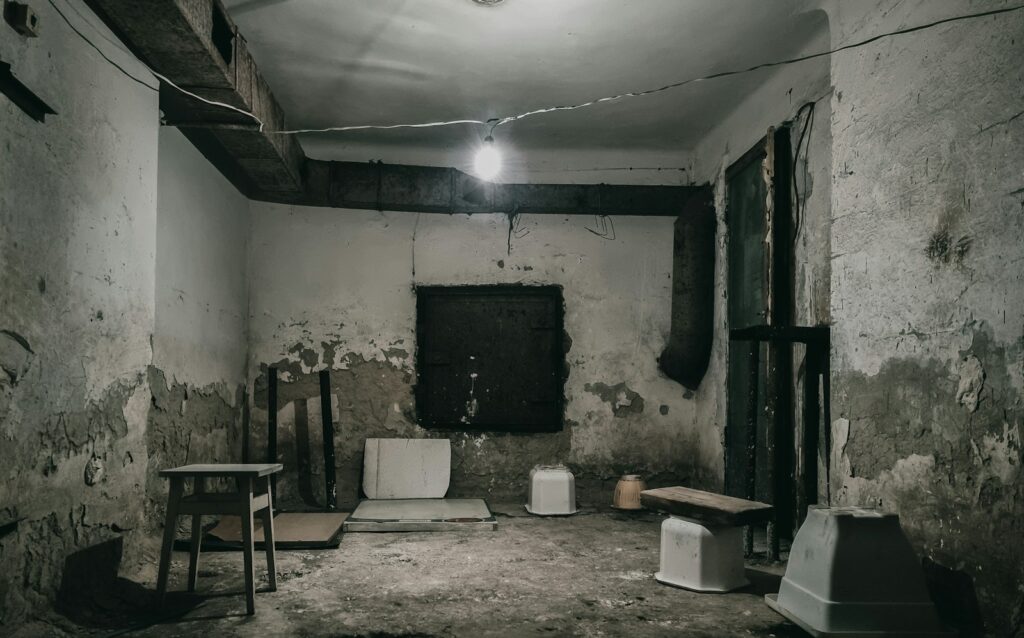
A basement that smells damp and musty isn’t just annoying; it’s unhealthy. It’s usually a sign that mold has started growing somewhere hidden. The smell gets stronger after rain or when humidity climbs. Mold thrives in dark, moist spaces. Crawl spaces and attics are common spots. The air feels heavy when someone walks into the room. That thickness isn’t just the smell. It’s spores spreading through the house.
Fishy Odor Near Outlets
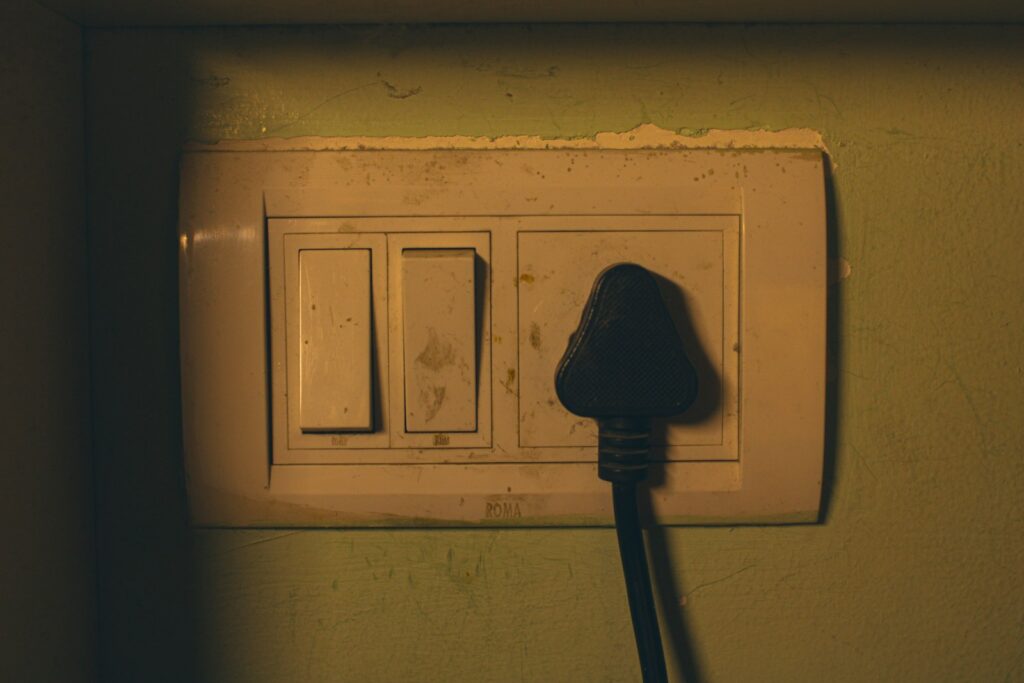
When something smells like fish but there’s no seafood around, it might be an electrical problem. Overheating wires and components give off a scent that’s surprisingly similar to old fish. The smell often comes from overheating outlets or light switches. Plastic and insulation break down when they overheat. Someone might notice it more at night when the house is quiet and still.
Sewage Backing Up Somewhere
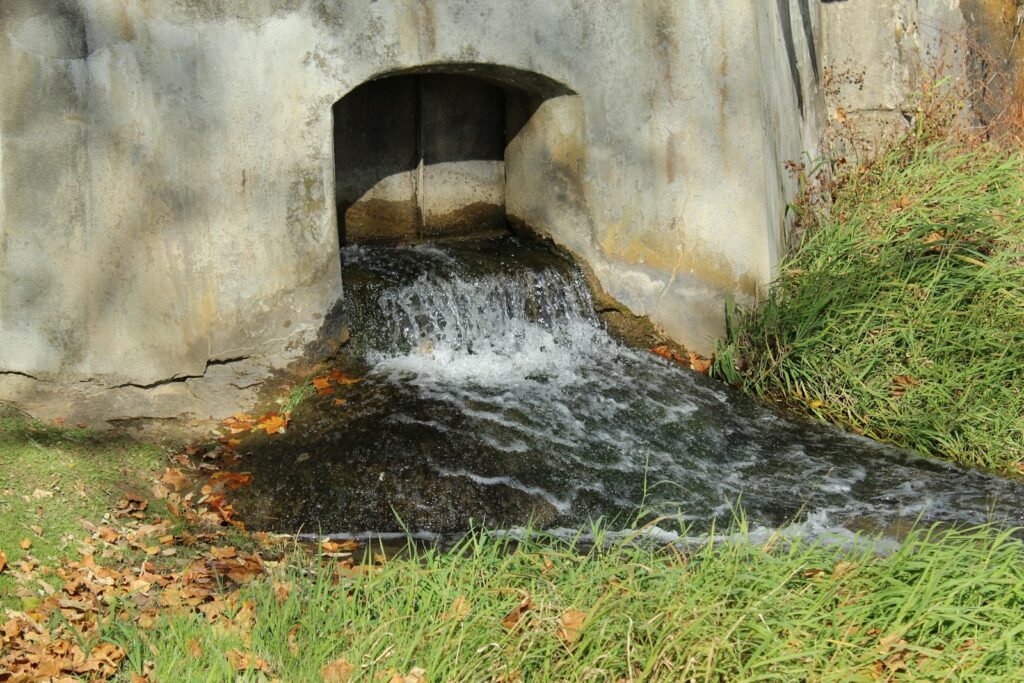
That unmistakable sewage smell means something has gone wrong with the plumbing. Dry traps in unused drains can let sewer gas seep into the house. A broken seal or cracked pipe does the same thing. The odor is strongest near bathrooms or basements. It gets worse on humid days. Opening windows doesn’t help much because the source is inside the walls or under the floor.
Sweet Smell Near the AC
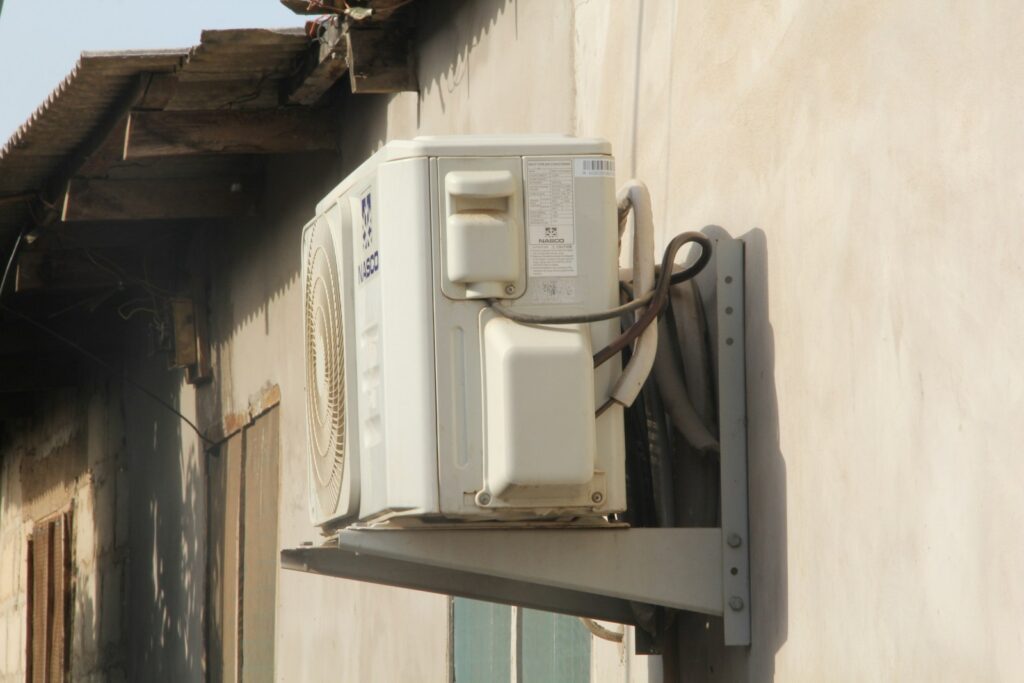
A sweet smell around air conditioning units isn’t as pleasant as it seems. Refrigerant has a slightly sweet odor when it leaks. The chemical helps cool the air, but it’s not supposed to escape into the atmosphere. A leak means the system isn’t working properly. The smell might be faint at first. Over time, it gets stronger as more refrigerant escapes into the air.
Burning Plastic or Rubber

When something smells like burning plastic, an appliance is usually overheating. Dishwashers and dryers can give off this smell when motors or belts start to fail. The odor is sharp and chemical. It hangs in the air even after the appliance stops running. Sometimes the smell comes from a bad heating element. The scent is distinct enough that most people recognize it right away.
Sulfur Coming from Drains
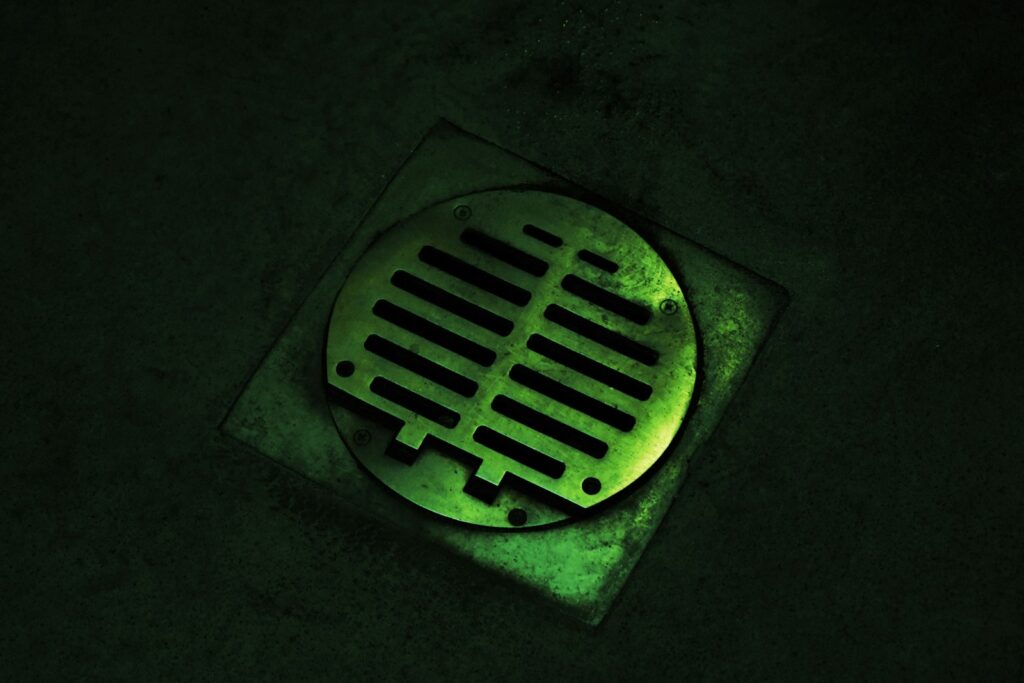
A rotten smell rising from the drains points to bacterial buildup in the pipes. Food particles and grease create a film where bacteria thrive. The smell is worse when water runs, stirring everything up. Kitchen sinks are the usual culprits. Bathroom drains can develop the same problem. The odor might fade for a while and then come back stronger than before.
Strong Chemical Fumes

Chemical smells that appear suddenly often mean cleaning products have mixed or spilled somewhere hidden. Bleach and ammonia create toxic fumes when combined. The smell is overwhelming and burns the nose and throat. Sometimes old containers leak in storage areas under stairs or in garages. The fumes build up in closed spaces where air doesn’t move much. Cabinets under sinks are common spots for this to happen.
Dead Animal Trapped Inside
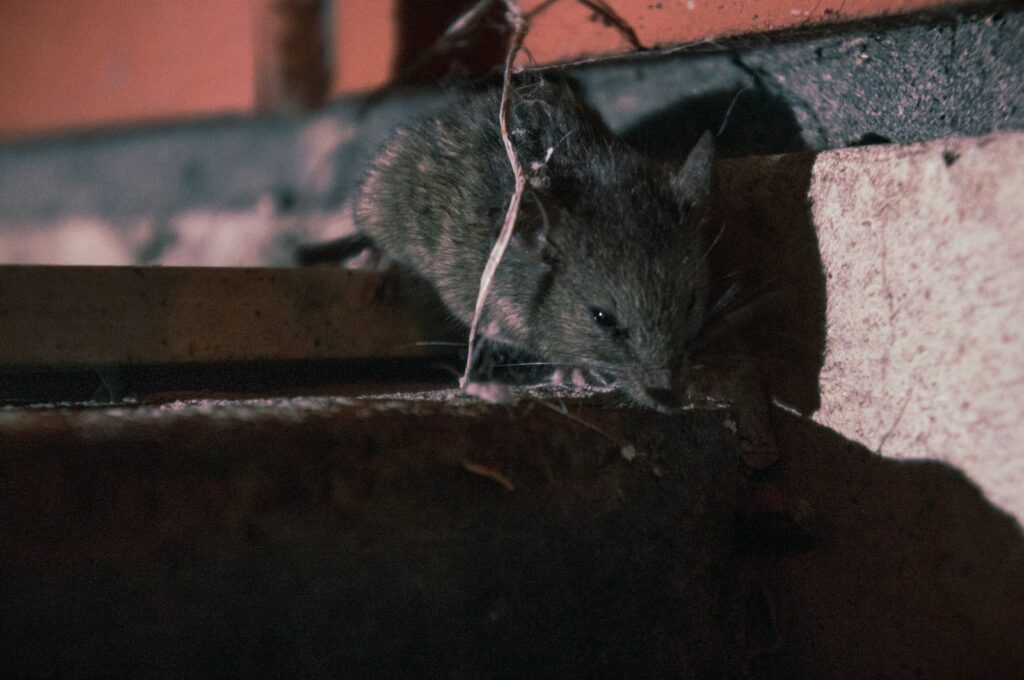
The smell of something dead in the walls is hard to mistake for anything else. Small animals get into homes through gaps and vents. They die in hard-to-reach places. The odor starts faint and then becomes unbearable. It can last for weeks until the body decomposes completely. The smell is strongest near the location but spreads through connected spaces.
Acetone or Nail Polish Remover

That sharp chemical scent smells exactly like nail polish remover. Refrigerant leaks sometimes cause it. Certain plastics emit the same odor as they start breaking down inside appliances. Refrigerators develop this problem when internal parts fail. The smell concentrates in the room where the appliance sits. Good airflow doesn’t clear it out. Run the fridge, and the odor gets stronger. The sweetness makes people hesitate before calling a repair person.
Stale Air That Never Clears

Some houses smell flat no matter how many windows are opened. The ventilation system stops working properly, and air just sits there. Moisture accumulates. Dust settles into everything. Fresh air from outside helps for maybe an hour. Then that dead quality comes back. Not a strong smell exactly. More like the air lost something it once had, rooms feel closed off even when they’re not.
Ammonia Smell in Living Spaces

An ammonia smell inside a house can indicate that pet urine has soaked into the floors or walls. The odor gets stronger over time as bacteria break down the waste. Old stains that were never properly cleaned are the cause of this problem. Sometimes the smell comes from cleaning products stored incorrectly. The scent is sharp and catches in the back of the throat.
Smoke Without a Fire
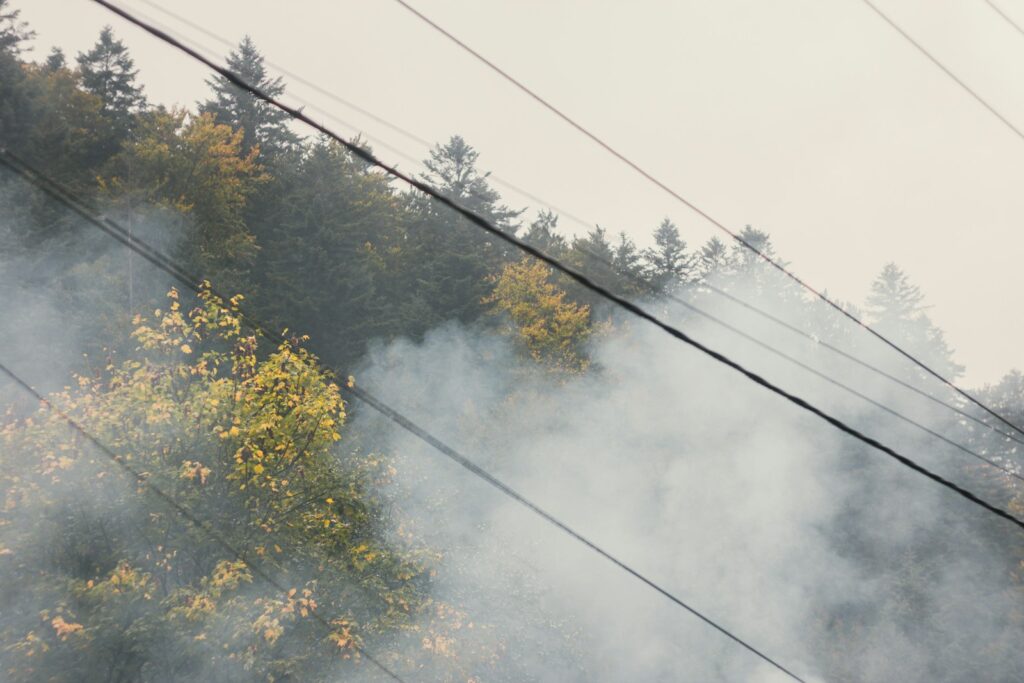
A smoke smell that appears without any obvious source is a serious warning. Electrical fires can smolder inside walls for hours before flames appear. The smell is different from wood smoke. It has a sharp, acrid quality. Wiring that’s too old or overloaded creates this issue. The odor might be faint at first. It gets stronger as the problem worsens.
Maple Syrup Scent

A sweet smell like maple syrup seems harmless, but it can indicate a coolant leak. Cars parked in attached garages sometimes leak coolant, which seeps into the house. HVAC systems can develop similar leaks. The smell is pleasant at first. Most people don’t immediately connect it to a mechanical problem. The sweetness makes it seem less urgent than it actually is.
Metallic Odor in the Air
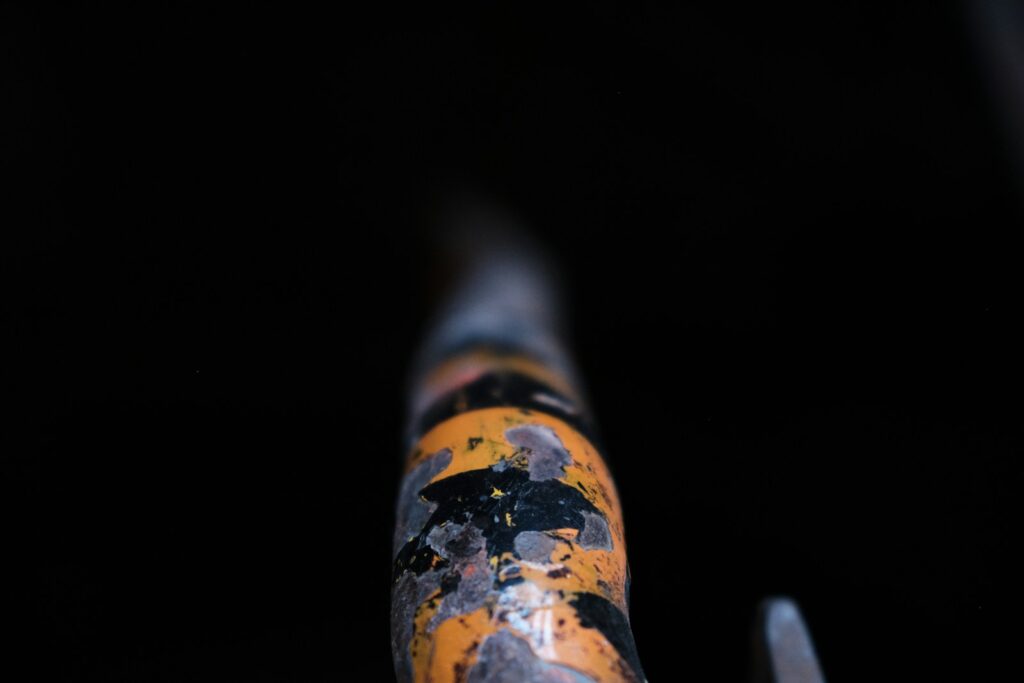
A metallic smell in the house means pipes are corroding somewhere or electrical systems are going bad. High iron content in water causes it. It could also be wiring that’s overheating behind walls. The smell isn’t obvious at first. Someone notices it and then can’t stop noticing it. Walks through the living room, wondering what changed. The air tastes different somehow, even though nothing visible looks wrong.

